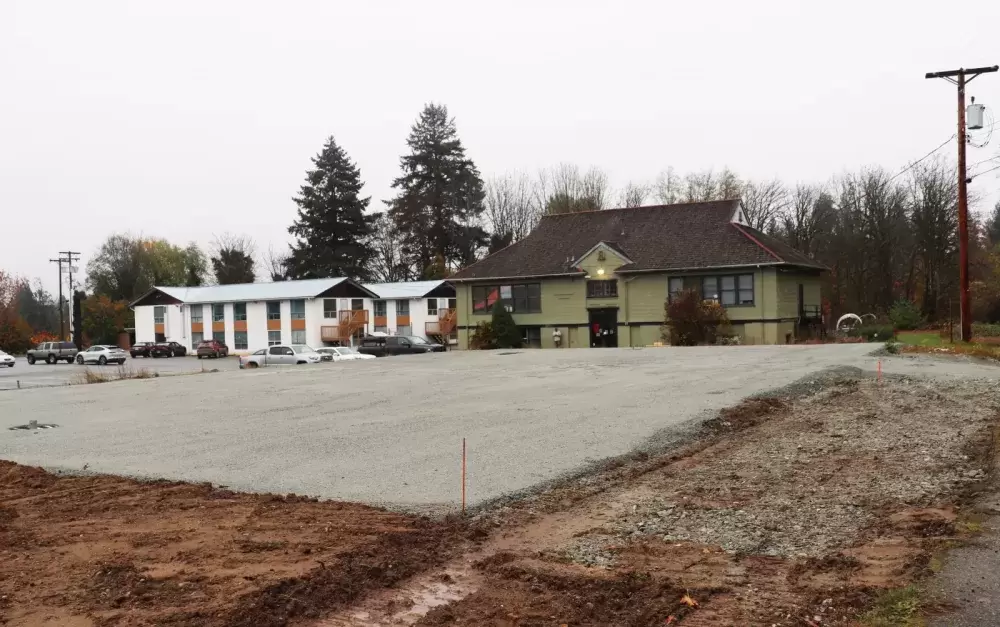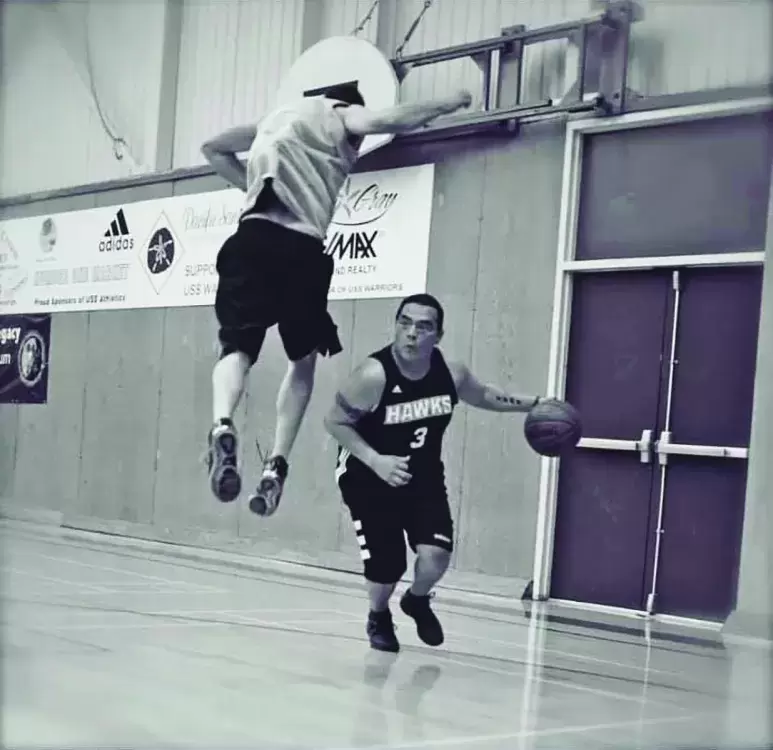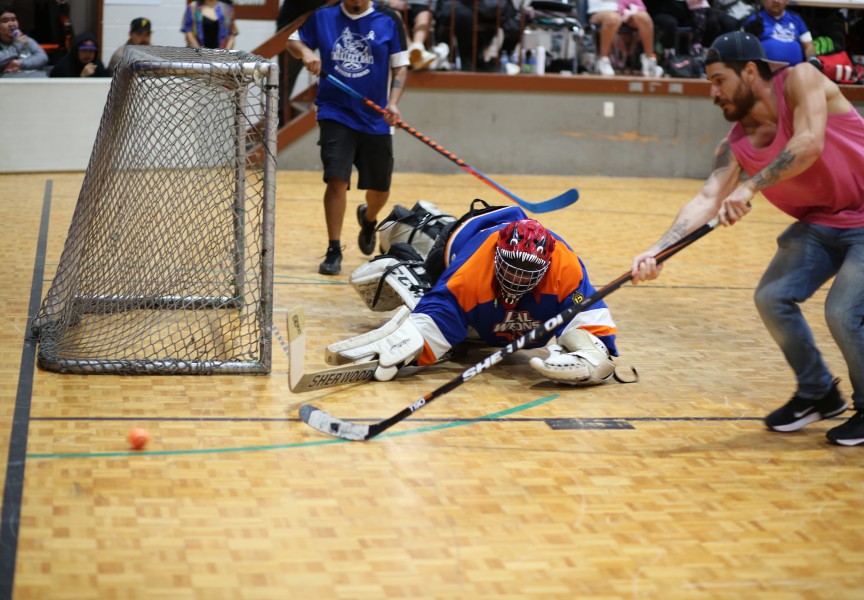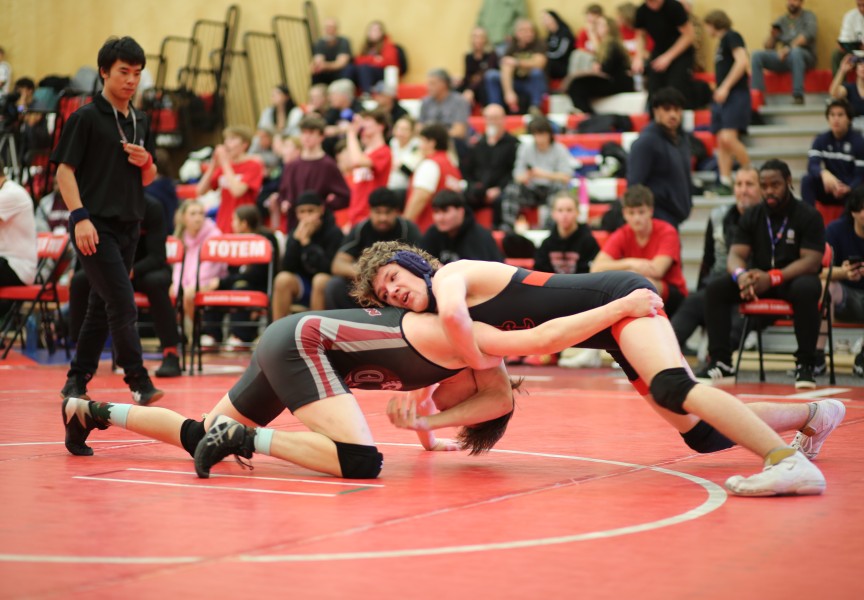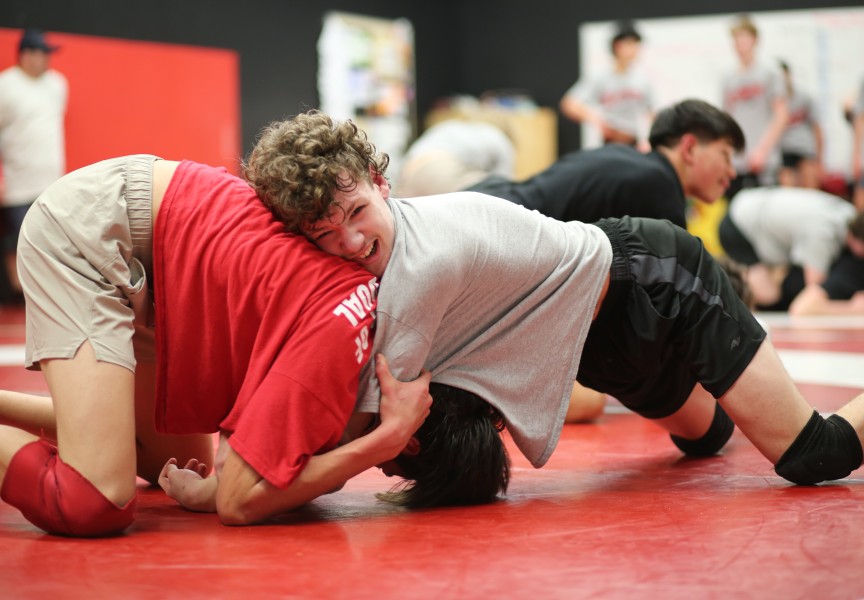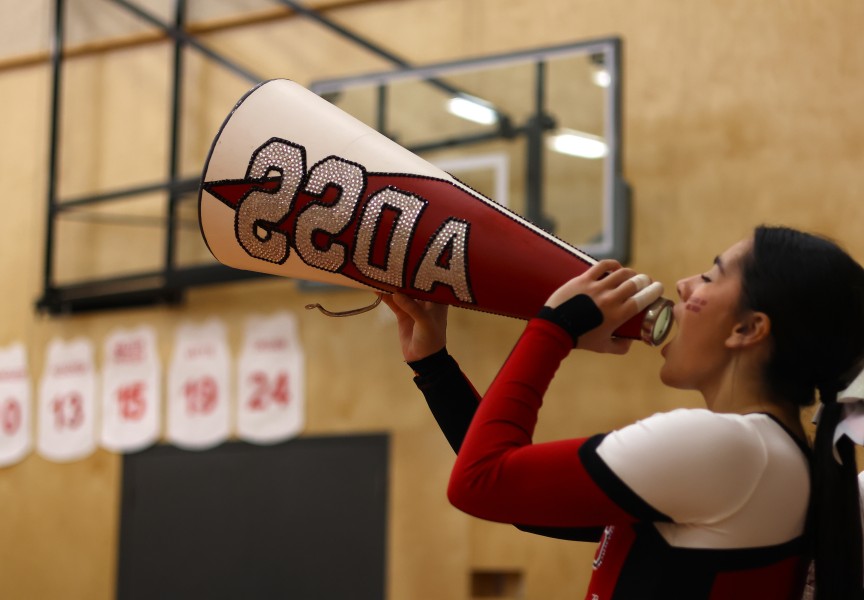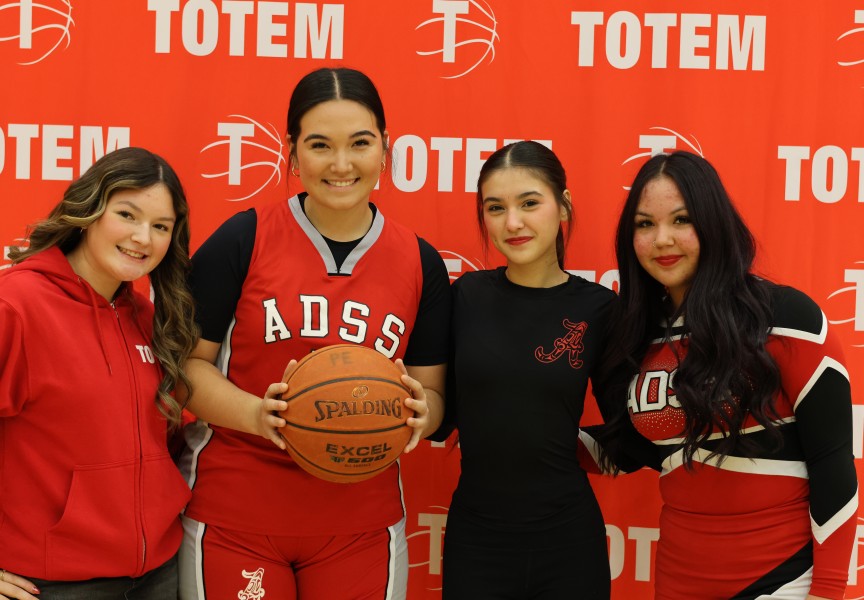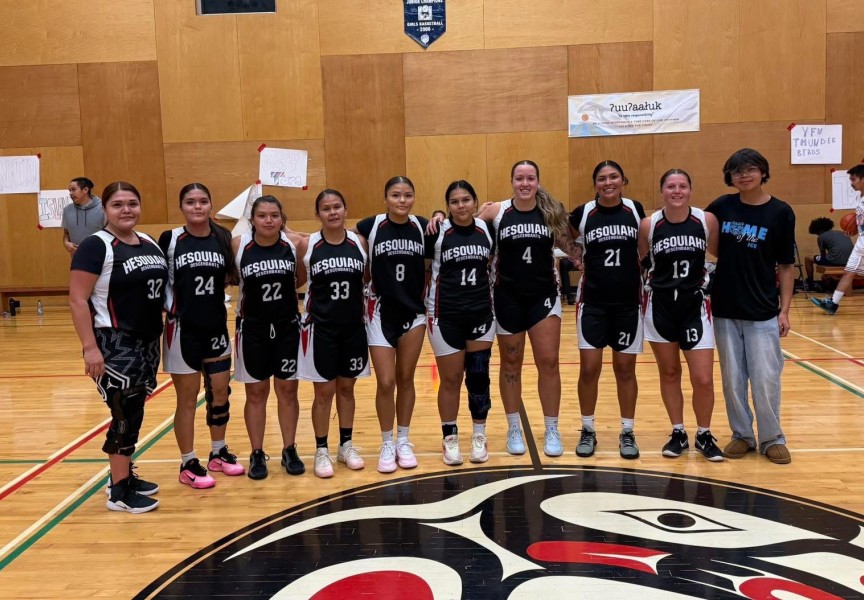Bobby Rupert grew up with his grandparents who lived a few houses down from the Tseshaht First Nation’s Maht Mahs Gym in Port Alberni. He remembers being lured in by the sounds of basketballs hitting the ground floor as a young boy.
At the time, Rupert’s grandparents couldn’t afford basketball shoes or a net for him to practice. So, he took matters into his own hands.
The self-described “Mr. basketball” created makeshift nets by cutting holes into the bottom of buckets that he nailed to the wall. He’s been hooked ever since.
After losing both of his parents to alcoholism, Rupert said basketball helped him with his own sobriety.
“It’s my drug of choice,” he said.
Due to COVID-19 restrictions, it’s been two years since Rupert has been able to play the game that’s comforted him since he was 10 years old. And like many others, he said his health has paid a price.
But that’s about to change.
The Tseshaht First Nation are reclaiming part of the land where the Alberni Indian Residential School used to stand by building a new basketball court.
Construction of the project began on Oct. 18 and is moving quickly, said Tseshaht First Nation Elected Chief Ken Watts.
“It's creating a new story for an area that has a really dark history,” he said.
While it was once a space where horrific traumas were inflicted upon children, Watts said, “We’re going to flip that and turn this into a positive place where there are positive experiences for children.”
Trinity Williams started playing basketball on the Haahuupayak Elementary School team when she was in Grade 4. The now 16-year-old said she was encouraged to join when a bunch of her friends started playing.
“It’s become an outlet for me,” she said. “I can go play basketball and I feel so much better after.”
Williams now plays on the senior girls’ team at the Alberni District Secondary School and said she’s “really excited” about the new court that’s being built within her community.
During the height of COVID-19, Williams said it was “stressful” not being able to play basketball.
“I felt really sad not being able to play,” she said.
When all of Tseshaht’s indoor facilities closed to implement social distancing measures, Watts said members started asking council for more outdoor spaces.
“It’s been a really interesting journey getting here,” said Watts. “Health and wellness facilities are a big piece of what community [members] directed us to do and basketball is a big part of our community.”
The development project will cost over $50,000 and is being supported by the First Nations Gaming Revenue Sharing Limited Partnership, Cisaa Forestry LLP, as well as private investors, said Watts.
“[Basketball] has been a tradition in our community since I've been alive,” said the 38-year-old. “Our community, and Indigenous people in general, are drawn to sports … it creates camaraderie and teamwork and relationships.”
Watts joked that Tseshaht players may not be the tallest, but “we’ve always enjoyed our sports,” he said.
The outdoor facility will be the only NBA-sized court in Port Alberni and Watts said he dreams it’ll lead to a new outdoor tournament or league that extends beyond Tseshaht to the whole Alberni Valley.
“It creates a new atmosphere and that’s exciting,” he said.
With a space for people to gather again, Rupert said he hopes to get more of Tseshaht’s youth involved in sport and away from “sitting in front of the computer or in front of the TV gaming.”
The court’s close proximity to community members makes that all the more likely, said Williams.
“It's probably going to bring the community together more,” she said. “The community will come together to exercise and have fun.”

